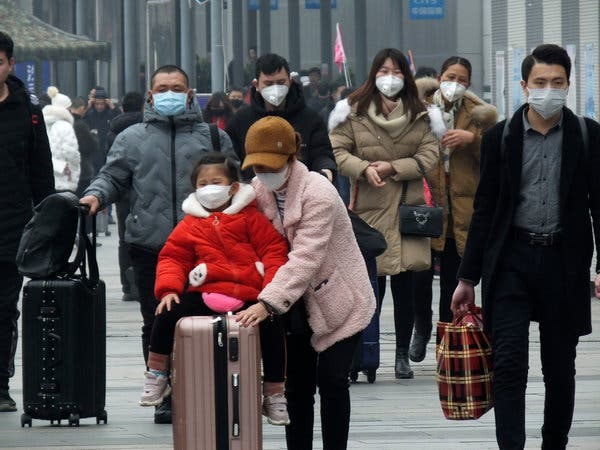The McGill Journal of Sustainable Development Law hosted a webinar on the impacts of COVID-19 on mobility policy in the European Union (EU) on Nov. 12. The featured speaker was Iris Goldner Lang, a professor of EU Law at the University of Zagreb in Croatia.
Emma Sitland, 2L Law and executive editor of the McGill Journal of Sustainable Development Law, hoped the event would give students a unique opportunity to learn directly from experts.
“Through these short webinars, we hope to create spaces where students can engage with experts in the field, learn new perspectives, and explore their passion for sustainability and development law,” Sitland said.
Lang began the talk by highlighting some of the restrictive measures the EU has put in place to contain COVID-19.
“In March 2020, almost all EU member states unilaterally imposed mobility-related measures, drastically restricting cross-border movement in the EU,” Lang said. “[They] enforced lockdowns, which included restrictions on intra-state non-essential movements, and closed their external borders towards third [world] countries for most non-residents.”
Lang explained that these restrictions were accompanied by a range of measures that restrict migrant and refugees’ rights, leading to a substantial decrease in the number of asylum claims.
“[Asylum claims] hit the lowest levels since 2008 and represented an […] 87 per cent decrease in comparison to the numbers that were present […] before the [COVID-19] crisis,” Lang said.
By implementing these travel bans and restrictions, Lang said, the EU is invoking the “precautionary principle,” an approach that has been controversial in the past.
“[Invoking the] precautionary principle enables decision-makers to adopt and legitimize restrictive measures where potentially dangerous effects, deriving from a phenomenon, product, or process, have been identified for human health, and scientific evidence about the risk is insufficient, inconclusive or uncertain,” Lang said.
According to Lang, the COVID-19 pandemic has brought to light the interaction between science and politics. The precautionary principle allows scientists to assess risks. Then, decision-makers and politicians carry out risk management and communication.
“The first step, scientific risk assessment, was at the EU level performed by the European Centre for Disease Prevention and Control (ECDC),” Lang said. “Interestingly, when advocating which measures should be used to mitigate the impact of the pandemic, neither the ECDC nor the World Health Organization encouraged the use of border closures and travel bans.”
She also questioned the legality of the EU’s policies from the view of the necessity test, which states that the desired results of a certain policy cannot be achieved through less restrictive means.
“At a time when most EU member states decided to introduce travel bans and close their external borders towards third countries, the level of knowledge about COVID-19 was not sufficient and conclusive enough to know with certainty that no alternative [with] less restrictive measures would protect public interest and public health just as effectively,” Lang explained.
Carla Arbelaez, 1L Law and associate managing editor for the McGill Journal of Sustainable Development Law, felt the talk was particularly important to bring attention to an impact of COVID-19 that is, in her opinion, not widely discussed.
“The event reminded its audience that, even amidst the uncertain times of a pandemic, we cannot forget our humanity when assessing EU migration policy,” Arbelaez said. “Strict border closures are not necessarily the best solution to addressing the risks of COVID-19. [Professor] Goldner Lang presented compelling evidence that there may be better options that allow people to pursue their asylum rights while still prioritizing public health.”









